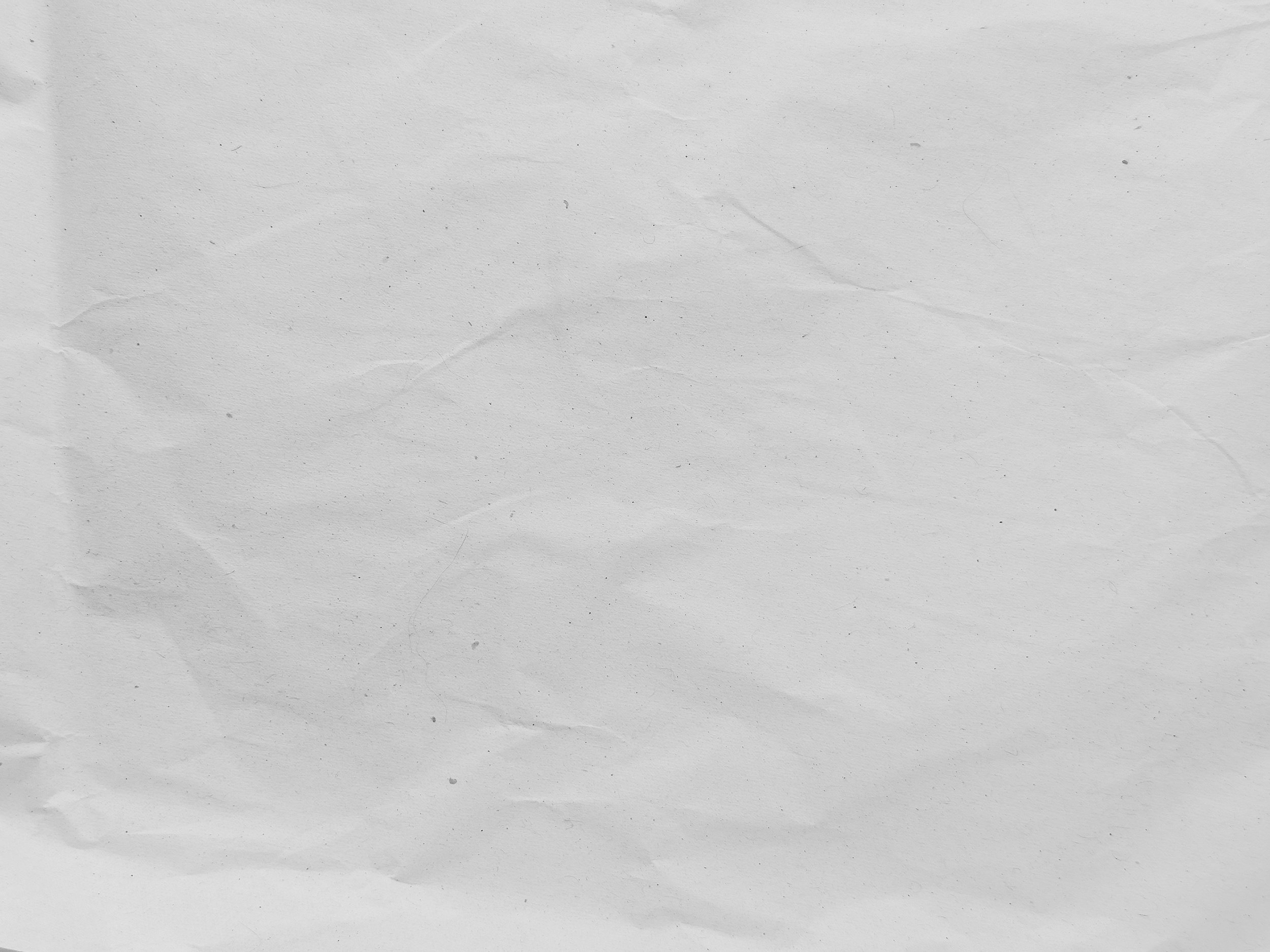

The deliberate purpose of fundamentalism is to impair a society with extreme fear, derail a nation's economic stability, and reduce the country into a state of absolute disorder.
Tahira Naqvi's fascinating debut novel, The History Teacher of Lahore (2023) is an intense, unsettling tale of Pakistan in the 1980s, a country which instead of protecting the innocent and ensuring the security of the land, becomes religiously driven, to an inordinate extent, and reduces itself into a failed state.
Islam used for narrow political ends becomes the rallying cry, even amongst certain teachers in a Lahore school, and the country adopts it as its ruling ideology. The story of the narrator, Arif Ali’s life, the sharing of his lived experience, his defiance of fundamentalism (through his poetry and actions) and his journey as a newly appointed teacher in a Lahore school in the 1980s form the heart of this political novel. Behind the smokescreen of political violence and changing social dynamics, Ali, as a prospective teacher of ‘radical’ history persists in creating a seemingly normal life for himself (his friendship with Salman, Zehra and his romance with Roohi) believing that one day the insanity of violence and fear which threatens everything he holds dear will cease and the city of Lahore will regain its lost glory.
Naqvi's novel is also about a Lahore remembered. Lahore, a city steeped in centuries of history, a city that had withstood the ebb and flow of empires, a city of poets, art and music had in the 1980s transformed itself to such an extent that it no longer merited its title of ‘Paris of the East’. The Lahore of the 1980s was a complex city, a city of contradictions with its fast fading Mughal grandeur and its increasingly frenetic life style. The emergence of a more bigoted, modern metropolitan behemoth puts paid to the old world short-lived rooftop romances. A bustling metropolis bristling with tension and taut under great emotional stress and hostility, Naqvi’s portrait of Lahore relates the rapid decline in the enduring spirit and resilience of the city. A sense of unease and lurking fear stalks the city.
In keeping with the city's evanescent old way of life, Naqvi conveys through the characters of the charismatic writer and social activist Kamal Ahmed and the poet/teacher Arif Ali the melancholic undertones of how those who are culturally aware, who maintain integrity in the face of oppression and social injustice have to disappear as well: go ‘underground’ or meet with a disturbing end.
Naqvi's characters grapple with the deepest existential questions: that of survival, faith and duty. In that sense they cease to be mere narratives, but turn into explorations of the human condition that make the reader question the limitation of goodness in a harsh world.
The friendship between the effervescent Salman and the apparently quiet, but assertive, Arif is evident in their mutual respect, deep trust and admiration. Their ability to rely on each other in both professional and personal matters proves the same. However, it is Arif who takes a leap of conscience taking up demanding and difficult tasks only to finally meet with a disquieting end.
Naqvi explores the themes of courtship, marriage and the conflict between Shias and Sunnis, which rears its ugly head within Salman and Zehra’s families. Zehra is a strong-willed, modern Muslim woman who embraces her cultural identity but pursues her ambitions and aspirations in a fast changing world around her. Like Arif, she too speaks up for the marginalised in her city but, her romantic involvement with Salman and her impending marriage make her concentrate on the brewing Shia-Sunni conflict raging in their families. The romantic relationship between Salman's sister Roohi and Arif which starts off with Roohi being the unseen ‘muse’ and later develops into a tender romantic attachment, reveals Roohi, as the rich young girl trying to reconcile her personal desires with rigid societal norms.
Nadira, the mysterious lady in Kamal Ahmed's life is the beautiful, charming, intelligent woman from Hira Mandi (a red-light area) who stands by Kamal Ahmed fighting against social injustice and undertakes equally dangerous challenges. She initiates Arif in his defiance of the diktats of the state and help them in their relentless endeavours to shift the children of the Christian colony to safety. To the reader, the three women characters may seem to have far more potential than originally envisioned and each can be the focal point of future stories.
One needs to write about Naqvi's use of poetry, peppered throughout the novel. Just as the reader will be greeted by epigraphs from Sartre's Age of Reason in each chapter, similarly, the reader will be smitten by Ghalib's lines and Faiz’s poems used in the novel. Naqvi has also translated her father's Urdu poems and used them effectively to reflect an escalating sense of dread, a pervasive sense of decay, the bejeweled colours of spring and celebration of rain in the city.
The History Teacher of Lahore is a riveting tale which retains its relentless pace till the very end. With the world being rocked by violence every day and the present times becoming increasingly tense and unsettling, Tahira Naqvi's book is a must read, a timely book for our times.
